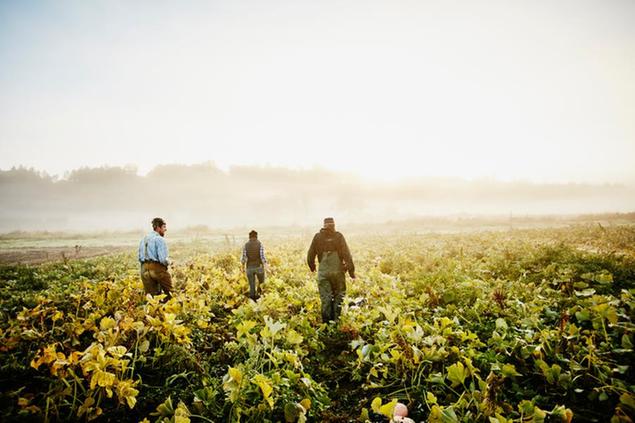High-level speakers from across UNWTO and the United Nations Food and Agriculture Organization (FAO) recently held a virtual talk on how best to harness the potential that tourism has for the development of rural areas and communities.
Representatives of the two agencies were joined by experts from the European Commission, as well by a number of entrepreneurs from the fields of agri-tourism and gastronomy, including representatives of the Association of Southeast Asian Nations (ASEAN) and renowned international chef Fatamata Tarazid-Tarawali (better known as “Chef Binta”).
The scope of the ‘virtual coffee’, which was moderated by FAO’s Rosa Laura Romeo, was to establish new links and widen participants’ knowledge on the future challenges but also opportunities faced by tourism rapidly evolving in rural areas.
Tourism currently faces many challenges, including the ongoing pandemic, but also many opportunities. There is a chance of “building back better” especially through the involvement of rural communities and youth, in line with the UN’s motto for the 2030 Agenda of leaving no one behind.
According to Valentina Superti, Director for Tourism and Proximity in the European Commission´s DG GROW, recovery from the current global health crisis is already leading to the transformation of the tourism sector, which today supports 23 million jobs in the European Union alone. In particular, agri-tourism has been identified as one of the key elements in sustaining national economies as recover and build back more inclusively, sustainably and with greater resilience.
In particular, participants in the virtual conference highlighted several transversal areas that would need to be leveraged urgently accelerating this transformation in the tourism sector:
• Creating more attractive employment opportunities;
• Developing the basic infrastructure, such as hotels and transport routes;
• Better integration of digital technologies in the ways tourism destinations are conceived and managed by the relevant authorities.
Maciej Golubiewski, Head of Cabinet of the European Agriculture Commissioner, observed that agri-tourism fits across the main priorities of the current Common Agricultural Policy of the European Union. Participants also agreed on the need for tourism activities to be planned so as to both meet changing consumer demands and to benefit rural communities.
UNWTO-FAO meeting focus on tourism in rural areas


